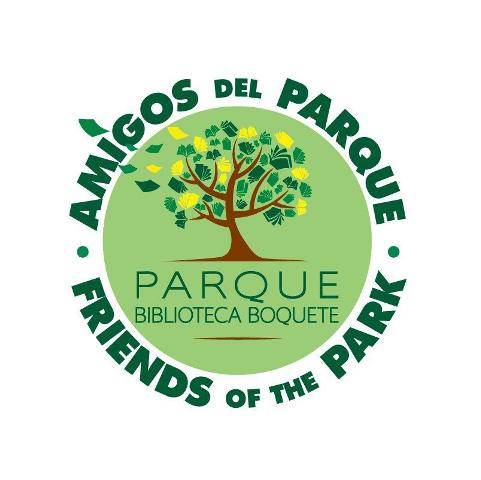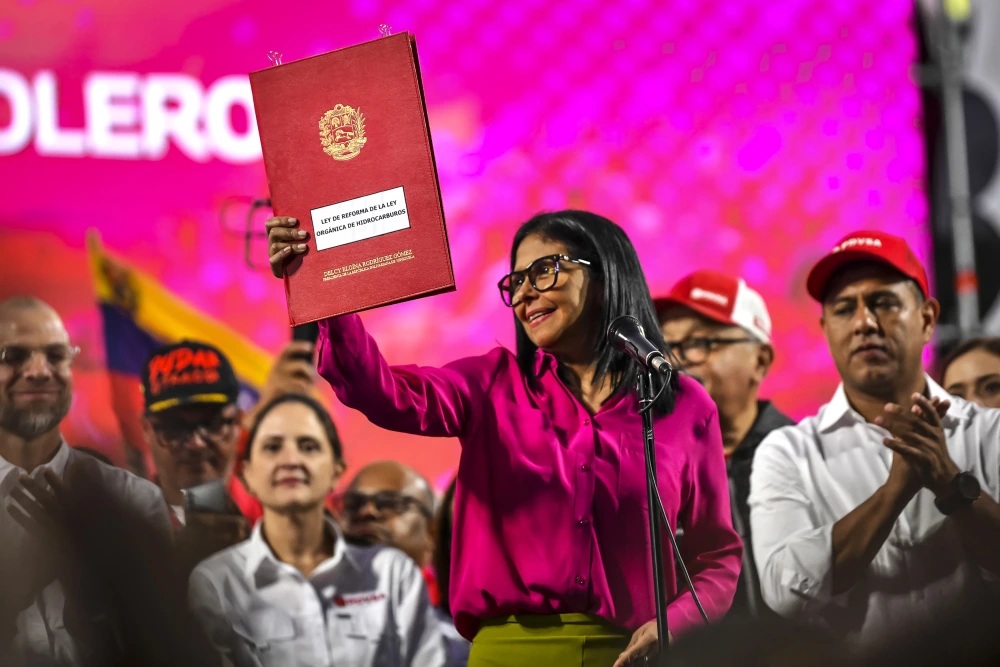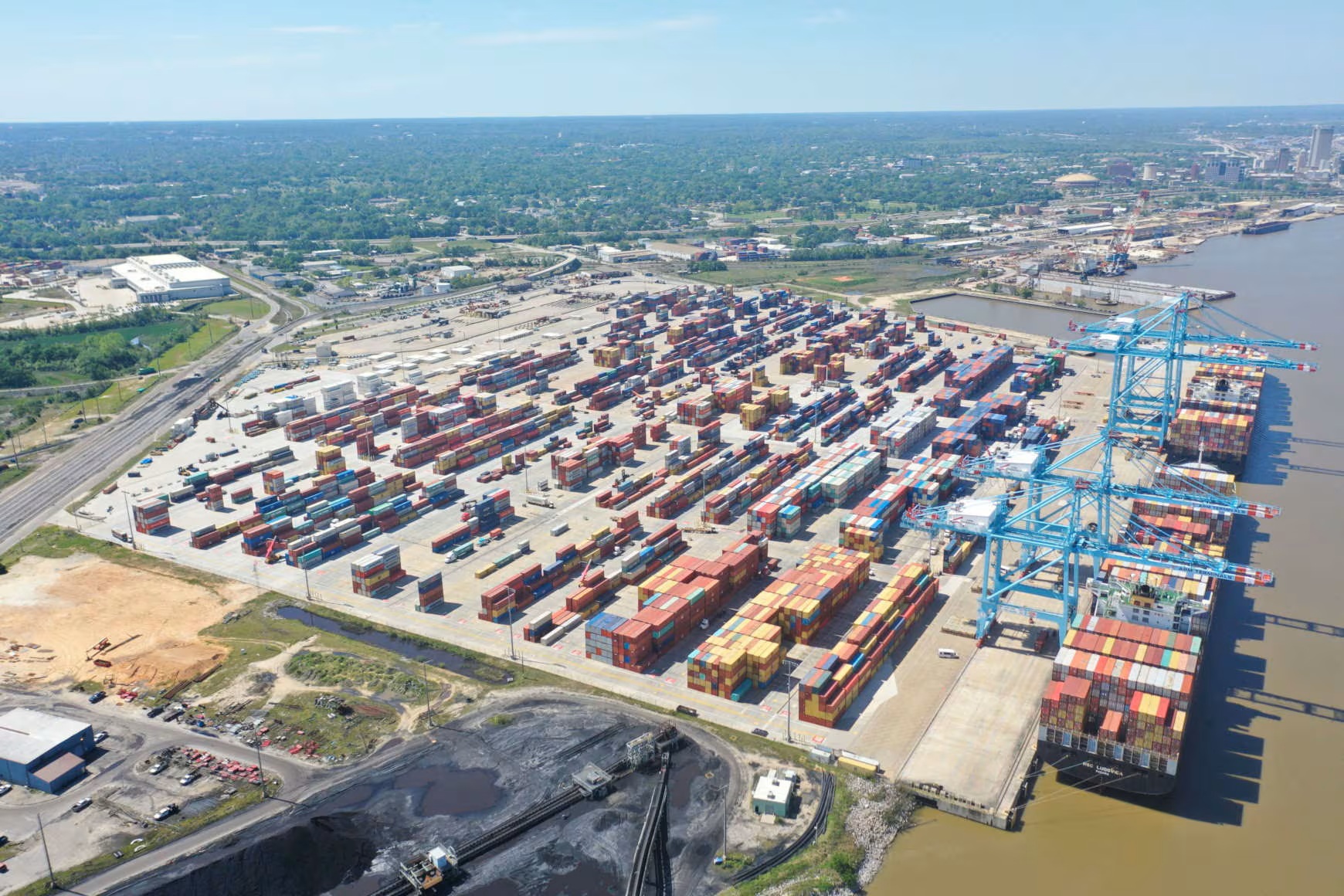Washington Human Rights Watch speaks out on Bocas confrontation

WASHINGTON, DC, July 29, 2010) – The government of Panama should ensure that they conduct a thorough and impartial judicial investigation of possible abuses committed during the violent clashes between police and strikers in the province of Bocas del Toro between July 2010, 8 and 11 Human Rights Watch said today.
The events took a toll of at least two dead and hundreds injured.
In a July 16 human rights officer of the Ombudsman of Panama referred to credible evidence that police had used excessive force against demonstrators. Local media reported that more than 100 protesters were injured and there were at least two people killed and it is believed that this figure could rise to ten.
On 21 July, President Ricardo Martinelli created a special committee of eight members to handle the investigation. but , some government officials issued a "preliminary report" and made public statements on the same day, in which protesters were blamed the clashes.
"Instead of trying to blame other people, the Panamanian authorities should ensure that those responsible for abuses are brought to justice," said Jose Miguel Vivanco, Americas director at Human Rights Watch. "The special commission could help clarify what happened, but that in no way replace a criminal proceeding."
Panama Ombudsman’s report said police had not complied with the protocols established for crowd control and that the severity of the injury was "clearly excessive and abusive force." The report related that dozens of people had lost sight of one or both eyes.The Ombudsman also reported that the arrest of some demonstrators had attacked their right to freedom of assembly. .
The UN Basic Principles on the Use of Force and Firearms by Law Enforcement Officials Enforcing the Law provide that the authorities should, as far as possible apply nonviolent means before resorting to the use of force and firearms. These principles state that if the legitimate use of force and firearms is unavoidable, the authorities should exercise restraint and act in proportion to the seriousness of the crime. Lethal force can be used only when absolutely necessary to protect life. The principles also require an effective procedure for reporting and review, especially in case of death and serious injury.
On July 21,says Human Rights Wathc, the same day the government announced the creation of a special commission to investigate the incidents in Bocas del Toro,it submitted a "preliminary report" to the media. Saying that, presumably, the violent events of Bocas del Toro were instigated by an alliance of trade unions, NGOs and political activists, and that the groups had previously received training in tactics urban combat. According to reports, the same day a cabinet minister reiterated these allegations in a radio interview.





